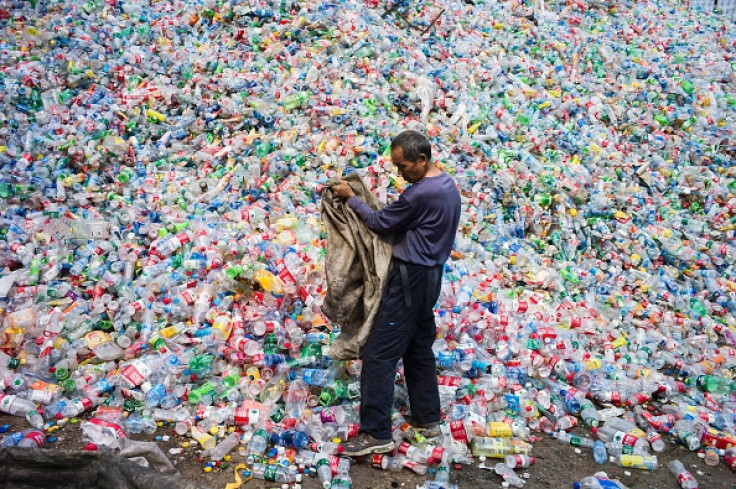World Economic Forum: Plastic to outweigh fish in oceans by 2050

The World Economic Forum (WEF) has warned that increased plastic production and use, coupled with its low recycling is fast flooding the world's oceans. Plastic will outweigh fish in oceans by 2050, according to the WEF.
Plastic is fast being used as a packaging material with estimates suggesting its use has risen by 20-fold over the last 50 years due to its low cost of production. If the trend continues, plastic will continue to be used at the same rate if not more.
After conducting interviews with some 180 experts, the WEF said in a report: "After a short first-use cycle, 95% of plastic packaging material value, or $80b (£57b) to $120b (£85b) annually, is lost to the economy." The low reuse rate of plastic in comparison to other materials, like paper, along with its low recyclability, which is estimated at 14 per cent, further adds to the growing plastic garbage pollution.
It is estimated that by 2050 not only will plastic outweigh fish in the world's oceans but the material will also make up 15 per cent of the total carbon budget in the world, as compared to one per cent in 2016, reported CNN. While the global plastic production is expected to increase by three times in 2050, the WEF says there is still room to control the damage done by the plastic economy. The pricing of plastic bags is one of the strategies to cut down on plastic garbage.
Following the implementation of the minimum 5p ($0.08) charge for using a plastic bag in supermarkets and other such major retailers in the UK, Environment minister Rory Stewart said: "We're all guilty of taking a carrier bag from a supermarket, storing it somewhere safe at home with the intention of using it again, then forgetting to take it with us next time we go to the shops.
"But the more bags we take, the more plastic makes its way into our environment, blighting our high streets, spoiling our enjoyment of the countryside, and damaging our wildlife and marine environments. Simple changes to our shopping routines, such as taking our own bags with us or using more bags for life, can make a huge difference in reducing the amount of plastic in circulation meaning we can all enjoy a cleaner, healthier country."
© Copyright IBTimes 2024. All rights reserved.







